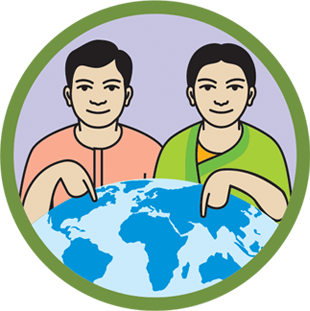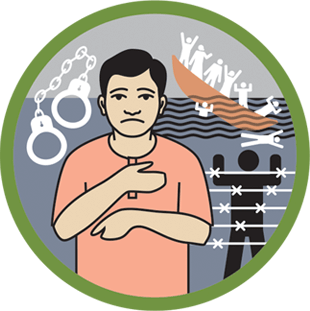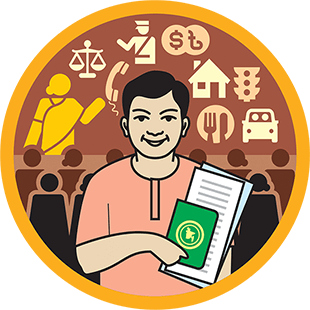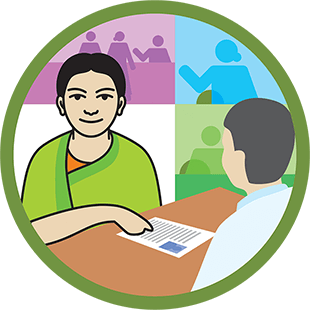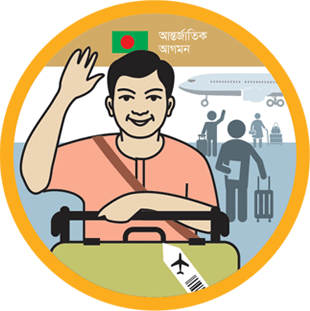Migration is a process that combines various factors, issues, opportunities and consequences. You often will hear of phrases such as the “whole of government and whole of society” approach to migration because the stakeholders involved in migration are coming from various sectors – public, private, migrants, families both in origin and destination countries.
It is also because migration is linked to multiple development opportunities and challenges such as decent work, gender, environment and human rights.
Nearly half of the world’s migrants are females; majority of them are in vulnerable work such as domestic work and other low-skilled work in the hospitality service and garment industry. Various studies and surveys show that female migrants receive less salary compared to males but remit more compared to them. Especially for domestic workers, they maintain two households – that of their employer and that of their own families.
Several international conventions, organisations and countries promote decent work which involves having opportunities for work that is productive and delivers a fair income, security in the workplace and social protection for families, better prospects for personal development and social integration, freedom for people to express their concerns, organize and participate in the decisions that affect their lives and equality of opportunity and treatment for all women and men.
Human rights of migrants, regardless of their status, is also recognised in several international and regional conventions such as the Migrant Workers Convention and Global Compact on Migration.





